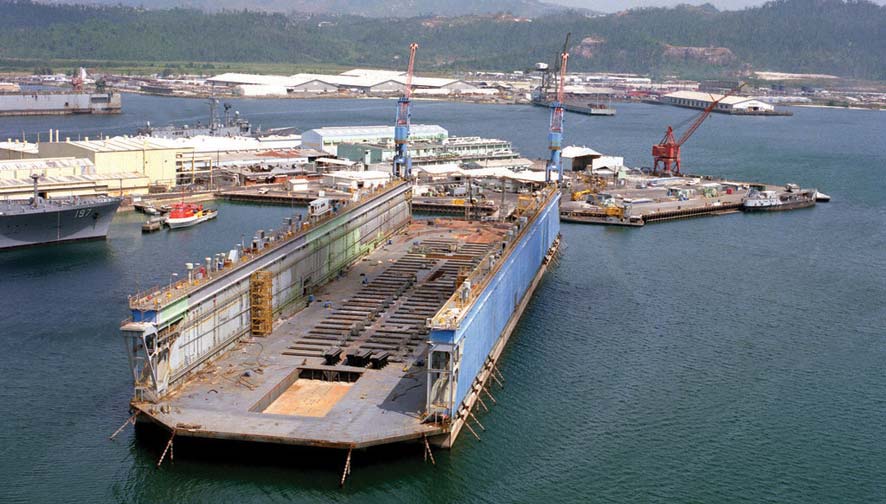The Board of Directors of the African Development Bank has approved a $23.04 million loan to Prime Meridian Docks AssetCo Ltd (PMD), a special purpose entity to co-finance the construction of a modern floating dock ship repair facility in Ghana’s western Takoradi port.
The loan will support the company to design, build, operate and maintain a world-class ship repair and maintenance facility in the Gulf of Guinea under a 25-year concession granted to the company by the Ghana Ports and Harbours Authority.
The project, estimated to cost $137 million, will involve constructing a 200-meter jetty, dredging 300,000 cubic meters of rock in the port basin, and procuring and installing a 13,500-tonne lift capacity floating dock. The facility will also have offices, a warehouse, mechanical workshops for steel and pipe fabrication, electrical works, blasting and painting, and equipment maintenance.
The Board also authorized the syndication, on a “best efforts basis”, of additional financing of up to $11 million.
Commenting on the approval, Mike Salawou, Director for Infrastructure, Cities and Urban Development of the African Development Bank, said: “Vessel repair and maintenance is an underserved market on the continent. Investing in it will provide a more holistic approach to supporting maritime transport and its sustainability, which will accelerate regional integration and attract international trade and economic activity.”
PMD is a Ghanaian company founded and headed by Mr. Stanley Raja Korshie Ahorlu, sponsor of the project. The African Development Bank’s approval and facility is a “culmination of many years of dedication and commitment and an endorsement of PMD’s drive to transform Africa’s maritime sector,” stated Ahorlu.
The African Development Bank’s hard currency long-term financing for the project will enable it to create over 400 permanent jobs – 15% of which are expected to go to women. This is significantly above the global average of 2% in the maritime sector.
The construction of the floating dock will enhance the resilience of the ocean economy in Ghana and mitigate the carbon footprint from an expected increase in vessel flow, promoting the use of renewable energy, energy efficiency and slow vessel steaming. This aligns with the International Maritime Organization’s best practices and Ghana’s Nationally Determined Contributions, making the project Paris Aligned.
The project aligns with the African Development Bank’s Country Strategy Paper for Ghana (2019-2023) to increase private sector investment in the real sector. It contributes to job creation, bridging inequality gaps and supports the overall macroeconomic stability in Ghana while mainstreaming various crosscutting issues into the bank’s interventions.
The project further aligns with the national ambition of Ghana to become a hub for shipping and petroleum operations in West Africa. By enhancing the supply of maritime maintenance and repair services, the project will help minimize transport and logistic costs and time, resulting in increased mobility and connectivity and boosting Ghana’s competitiveness.
Skills transfer is a significant development outcome of the project. The project’s operations/technical and commercial management operator will train staff in its Aberdeen training institute, and a partnership will be developed with the Regional Maritime University in Tema, Ghana, throughout the project’s life.


 Forex3 weeks ago
Forex3 weeks ago
 Naira3 weeks ago
Naira3 weeks ago
 Billionaire Watch2 weeks ago
Billionaire Watch2 weeks ago



 Naira3 weeks ago
Naira3 weeks ago






 Naira2 weeks ago
Naira2 weeks ago




 Naira1 week ago
Naira1 week ago




 Naira4 weeks ago
Naira4 weeks ago






 Naira1 week ago
Naira1 week ago





















